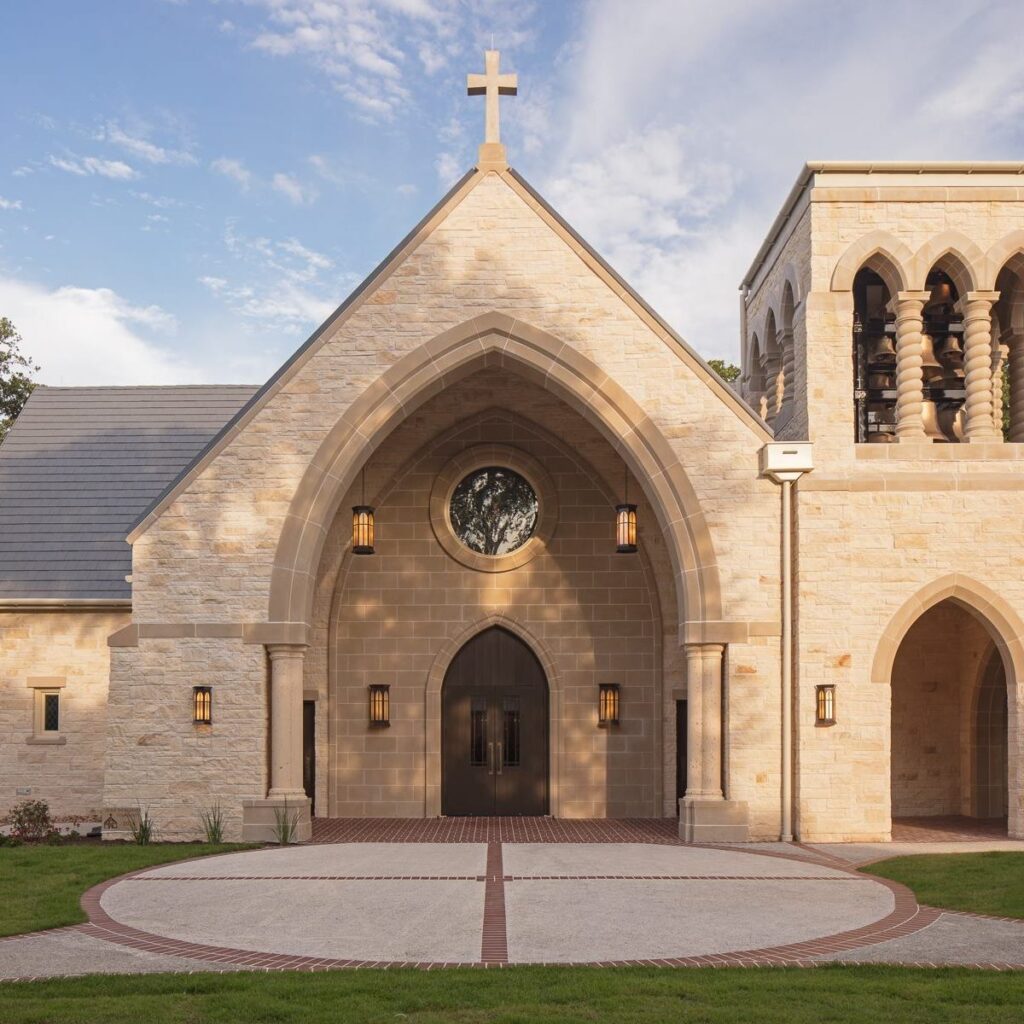
One of the great aspects of Texas is the enormous variety of peoples and cultures. This is reflected not only in the membership of our Episcopal churches, but in the richly diverse ways in which our members worship each Sunday and on special occasions throughout the year.
At the heart of all Episcopal worship is the Book of Common Prayer, and within it, the principal weekly service is the Holy Eucharist—also known as Holy Communion, the Lord’s Supper or Mass.
For each Christian season, the Book of Common Prayer lays out the form of the service and provides the text for many of the prayers. A calendar of Scripture readings, called the lectionary, indicates biblical passages to be read each day. These are the same throughout the Episcopal Church and the Anglican Communion, so any given day, someone around the clock and around the globe will be reading the same Scripture. Typical services include scripture readings, prayers, hymns and a sermon. The congregation participates in worship—singing hymns and saying the prayers, the creed (a statement of our beliefs), responding and reading or singing the Psalms (sacred poems).
Whether to kneel, sit or stand, say “Amen,” sing or respond can be a bit of a puzzle for newcomers (and often for Episcopalians visiting a different church). But because the essential form of the service remains the same from one Sunday to the next, one soon will begin to experience what Episcopalians find so satisfying: the mental space that the familiar rhythm opens up in which each person can commune more profoundly with God.
The Book of Common Prayer provides a framework, but not a rigid one. The details vary from church to church and are a matter of tradition and taste. One church may begin with a more or less elaborate procession of priest(s), acolytes and choir, and in another with the priest standing on the steps in front of the altar. Texas’s Episcopalians infuse their services with their own traditions from around the world and give each of them a unique character. They lift up their voices in Spanish and English, Ibo and Portuguese, and use a multitude of rhythms from jazz to traditional choirs.
Even within a congregation, worship services can be offered in a range of styles from contemporary to more traditional. Come join us, won’t you?
Whether your preference for worship is contemporary or traditional, formal or casual, here at Good Shepherd, we have a range of worship styles. To learn more about our different services both on Sunday and during the week, please visit our worship schedule page.
For information about both of our locations, visit our campuses page.
In addition to on-campus parking, space is available on Sunday mornings only at Tarrytown Shopping Center across Windsor, and Wells Fargo Bank one block east on Windsor. If you park on a street, please be sure you are not parked in a fire lane or blocking a driveway. And there is an underground, handicap accessible parking garage off of Exposition Blvd. between Gilbert St. and Windsor Rd.
Yes. Both campuses are handicap accessible. At our Windsor Campus, both above-ground and below-ground parking lots have designated handicap parking with access to both the church building and Parish Life Center.
We have wonderful offerings on Sunday mornings for our youngest members at both campuses. To learn more about Children Formation on Sunday mornings, visit our Children’s Ministry page.
Yes. Every Sunday morning our nursery is available for children ages 3 months – 4 years on both campuses.
All who are baptized in any Christian denomination, including children, are welcome to receive Communion in The Episcopal Church. All worshippers are also welcome to receive a blessing at the altar platform during the distribution of Communion. Gluten-free wafers are available at the altar upon request. If during Communion you are unable to reach the altar, please notify an usher, and Communion will be brought to you. If you would simply like to receive a blessing, please proceed to the altar and cross your arms instead of holding them out to receive a wafer.
Yes! Our hope is that all parishioners, regardless of their primary worshipping community, would engage with ministries and events on both campuses.